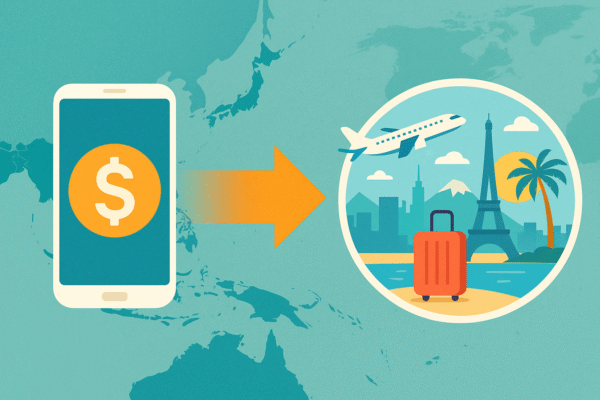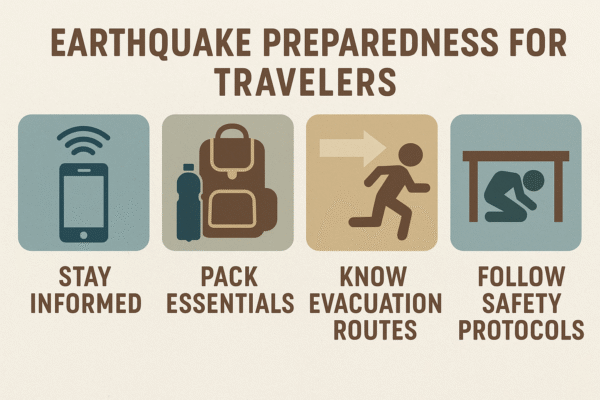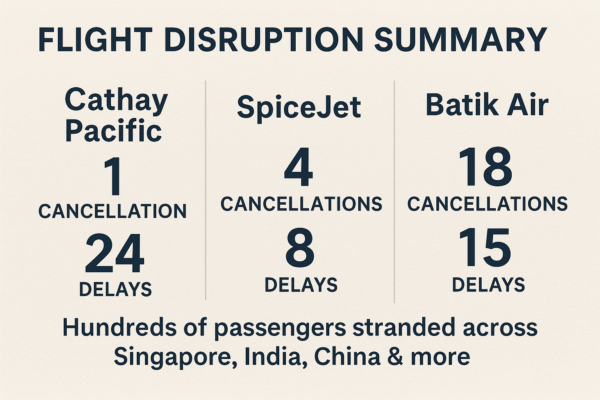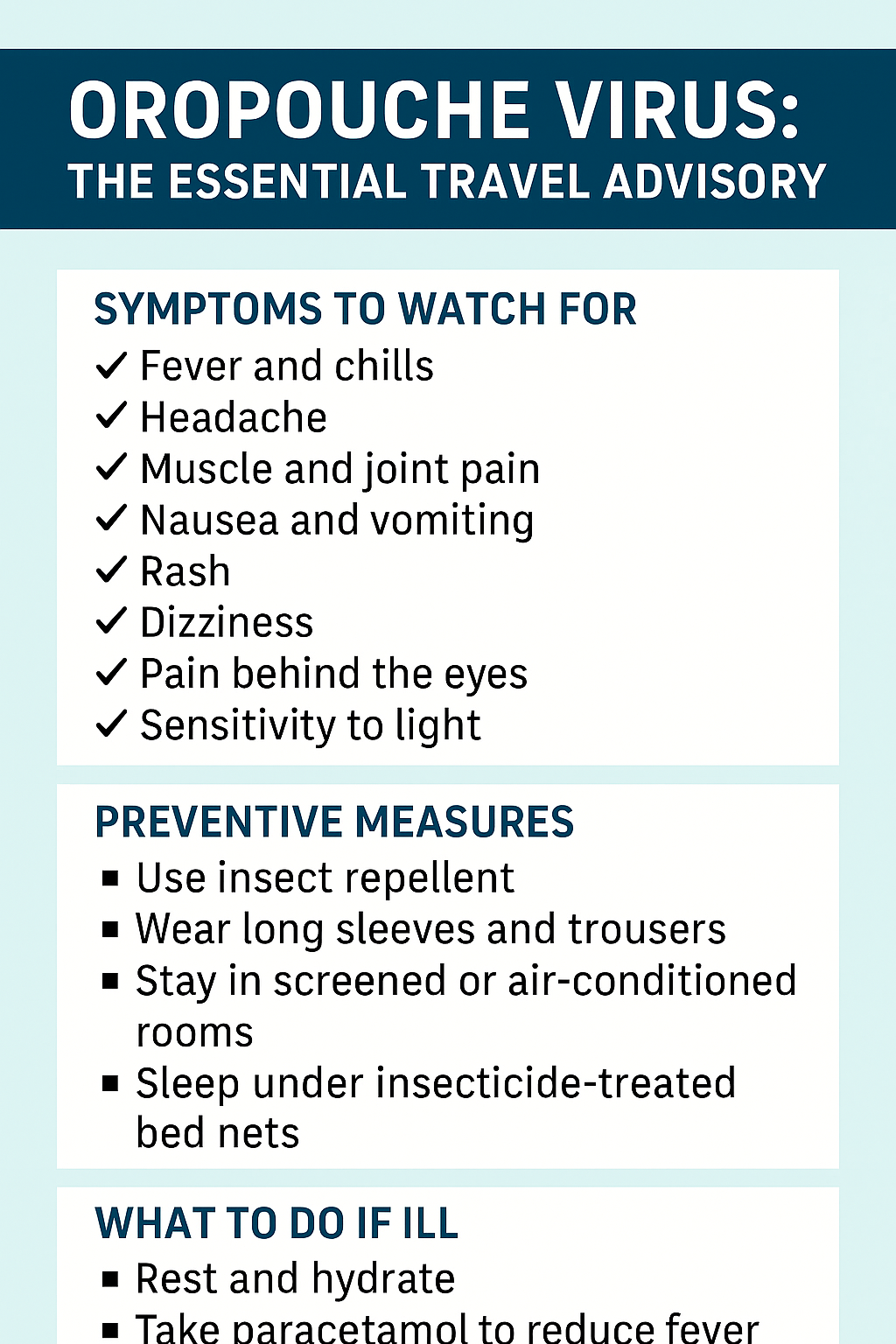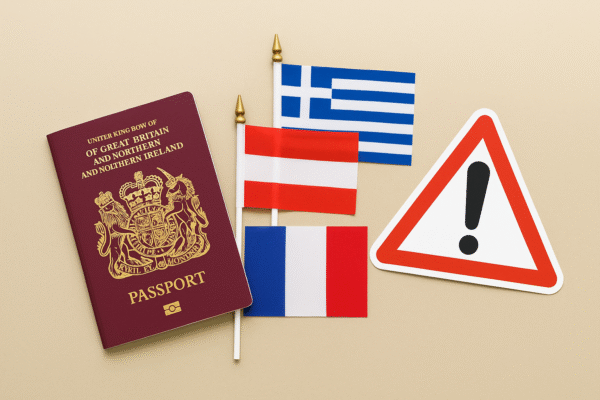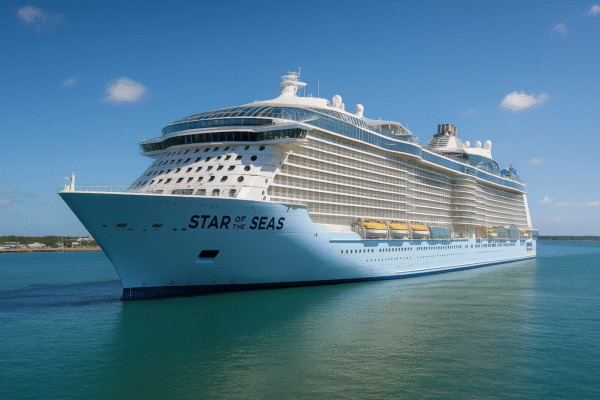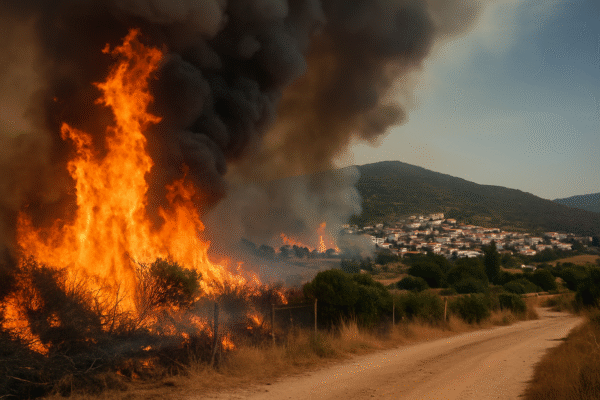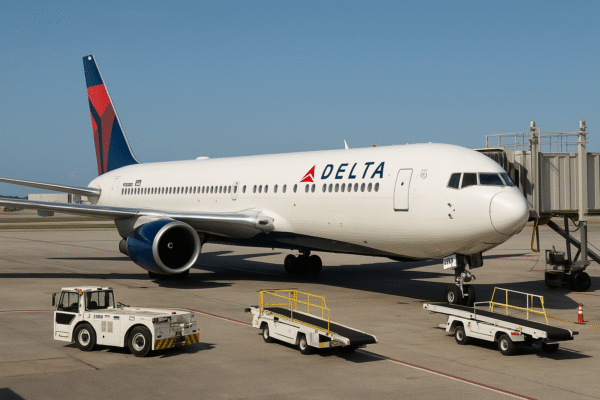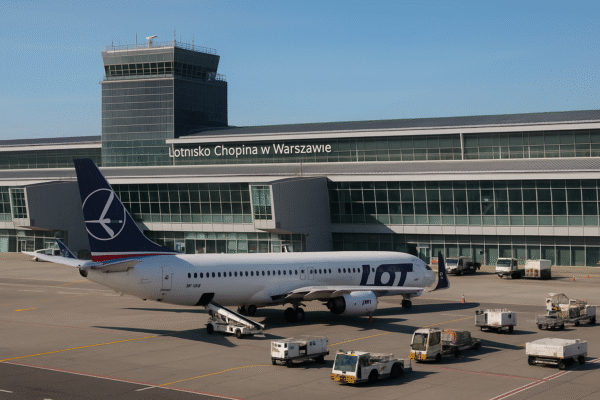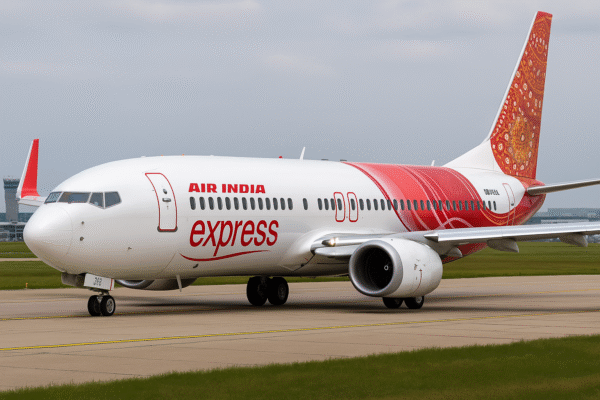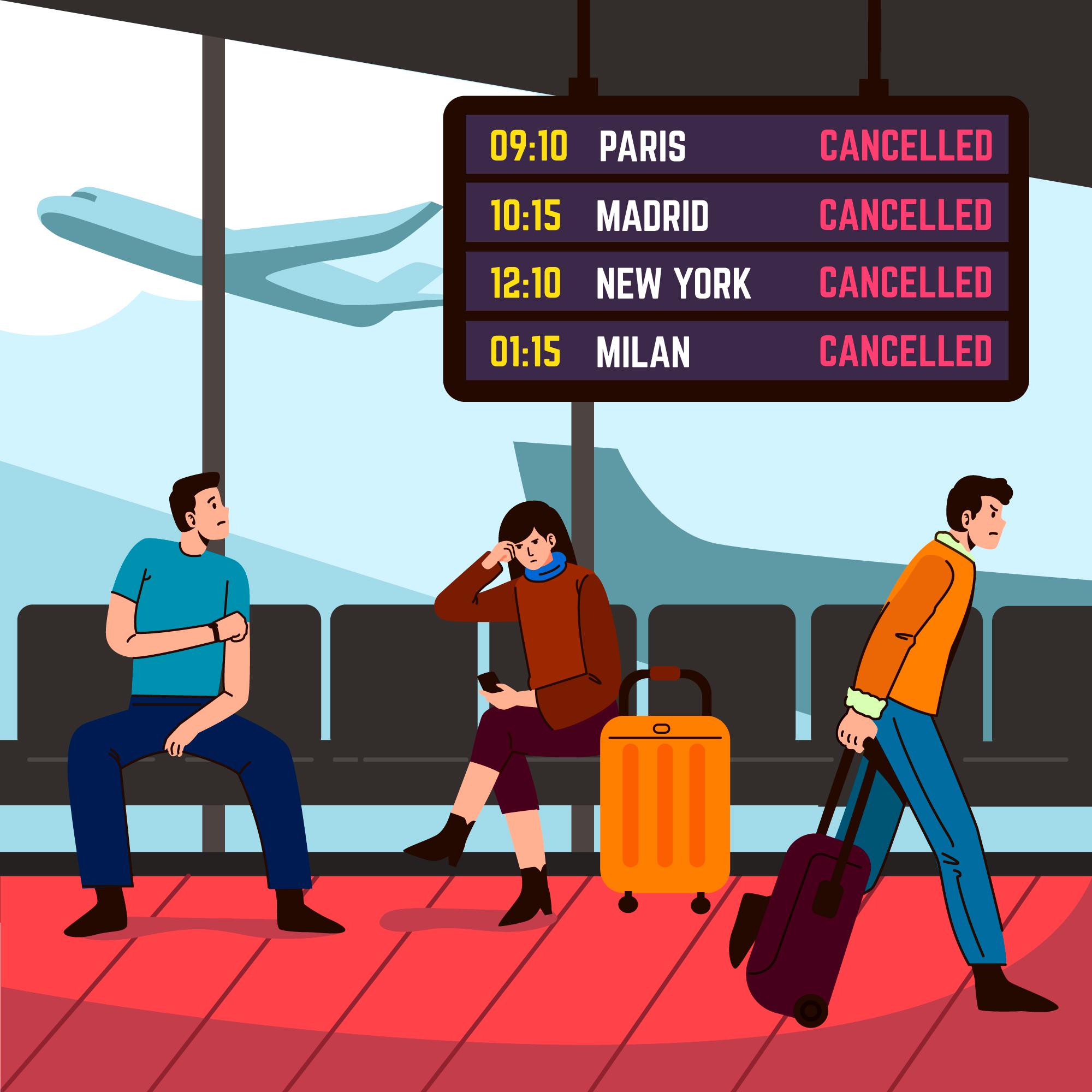Paris, Helsinki, Dublin, Stockholm, Munich – Air travelers across Europe faced a day of significant disruptions as over 260 flights were delayed or canceled across five of the continent’s busiest airports. Airlines including Air France, Finnair, American Airlines, Emirates, KLM, Air Canada, and China Southern reported extensive operational challenges on July 1, 2025, due to a mix of staffing shortages, adverse weather, and technical glitches.
The affected airports—Charles de Gaulle (Paris), Helsinki-Vantaa, Dublin International, Stockholm-Arlanda, and Munich International—experienced widespread delays throughout the day. Passengers were left frustrated as they dealt with extended wait times, missed connections, and rebooking chaos.
Breakdown of Disruptions by Airport
Charles de Gaulle Airport (Paris, France)
- Delays: 86
- Cancellations: 4
Paris’ busiest hub saw severe congestion, with Air France bearing the brunt of the impact. Other airlines affected included American Airlines, KLM, Delta, and easyJet. Staffing shortages and stormy weather created a bottleneck for arrivals and departures.
Helsinki-Vantaa Airport (Helsinki, Finland)
- Delays: 33
- Cancellations: 39
The Finnish capital’s main airport experienced one of the highest numbers of cancellations, with Finnair accounting for nearly all of them. Weather disruptions and labor constraints worsened throughout the day.
Dublin International Airport (Dublin, Ireland)
- Delays: 36
- Cancellations: 4
Ryanair, Aer Lingus, and United Airlines were among the most affected in Dublin, where long queues formed at check-in and baggage counters. Staff shortages continued to strain airport services.
Stockholm-Arlanda Airport (Stockholm, Sweden)
- Delays: 11
- Cancellations: 8
Though less impacted than other hubs, Stockholm still experienced notable disruptions, particularly with Finnair, SAS, and Norwegian Air Sweden flights. Technical issues contributed to delays.
Munich International Airport (Munich, Germany)
- Delays: 40
- Cancellations: 6
Germany’s second-busiest airport saw wide-reaching delays, especially on international routes. Airlines like Lufthansa, United Airlines, and Air Baltic reported scheduling complications due to ramp delays and weather-related interruptions.
Operational Challenges Causing Widespread Impact
Across all affected airports, the primary causes of the disruptions were:
- Staffing shortages: A persistent issue since the pandemic, many ground handling companies and security contractors are struggling to maintain sufficient staffing levels. Turnaround times have slowed, especially at peak hours.
- Weather disruptions: Unstable weather patterns in Northern and Western Europe contributed to frequent flight schedule changes and last-minute cancellations.
- Technical issues: From radar glitches to baggage conveyor malfunctions, small-scale tech problems added to the pressure on already stretched operations.
These overlapping challenges created a ripple effect, not just within Europe, but also on transatlantic and connecting flights globally. Passengers connecting through these hubs often found their onward journeys delayed or missed entirely.
Airlines Most Affected
A wide range of carriers were hit by the delays and cancellations, including both full-service and low-cost airlines. Notable examples include:
- Air France: 39+ delays at Charles de Gaulle
- Finnair: 38 cancellations and 22 delays at Helsinki-Vantaa
- American Airlines, KLM, Delta, Emirates, Air Canada, and China Southern: reported widespread delays on European and long-haul routes
- Ryanair and Aer Lingus: impacted especially at Dublin, with heavy flight rescheduling required
The disruptions have placed renewed pressure on customer service teams, many of which were overwhelmed by passenger complaints and rebooking requests.
Passenger Impact and Airline Response
Many travelers were left stranded or forced to spend long hours waiting for updates. Social media posts revealed crowded terminals and long lines at airline service counters.
Several airlines offered free rebooking, meal vouchers, and overnight hotel stays in cases where passengers were left without alternate flights. However, limited flight availability meant some rebookings extended up to 48 hours.
Travel insurance providers also saw a spike in activity, with claims anticipated to rise sharply due to missed connections and lost baggage during the cascading disruptions.
Looking Forward: Cautious Optimism with Challenges Ahead
Airports and airlines across Europe are now racing to stabilize operations. While weather forecasts suggest clearer skies in the coming days, the staffing crisis remains unresolved. Many airports are still recruiting ground crew, security personnel, and check-in agents to fill gaps left during pandemic downsizing.
Experts warn that without robust contingency plans, similar episodes could repeat throughout the busy summer travel season, especially in July and August.
Travelers are advised to:
- Check flight status regularly
- Arrive at the airport early
- Keep alternative routes or layovers in mind
- Travel with flexible itineraries where possible
- Consider travel insurance to offset potential losses
Conclusion
With over 260 flights delayed or canceled, today’s European air travel chaos highlights the fragile balance between growing post-pandemic demand and under-resourced airport operations. The disruptions at Charles de Gaulle, Helsinki-Vantaa, Dublin, Stockholm-Arlanda, and Munich underscore the urgency for infrastructure and workforce reinforcements across the aviation sector.
As Europe heads deeper into the peak summer season, the airline industry faces mounting pressure to ensure smoother operations. For now, passengers are urged to stay flexible and prepared for potential delays as the skies—and terminals—remain turbulent.
For more travel news like this, keep reading Global Travel Wire

